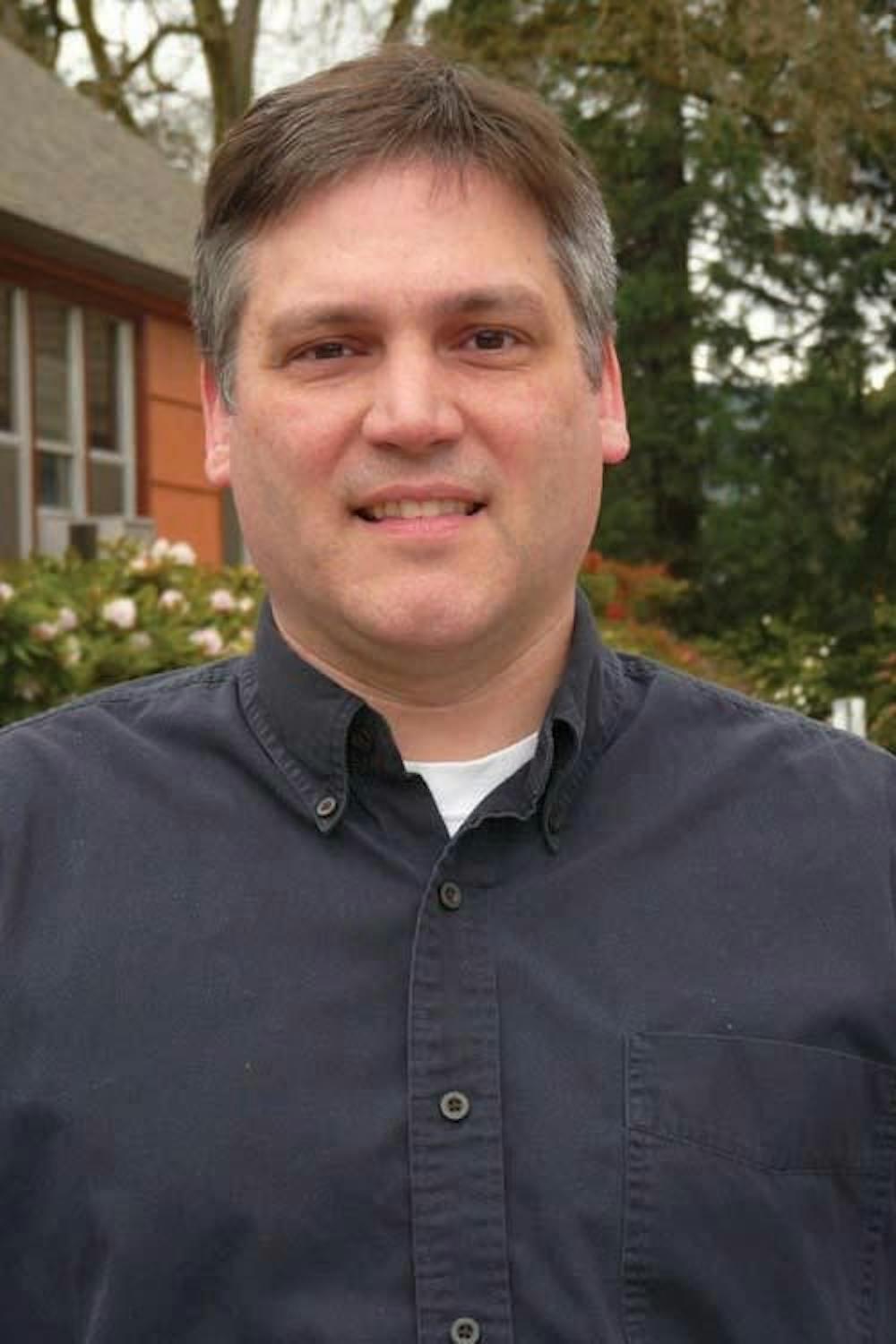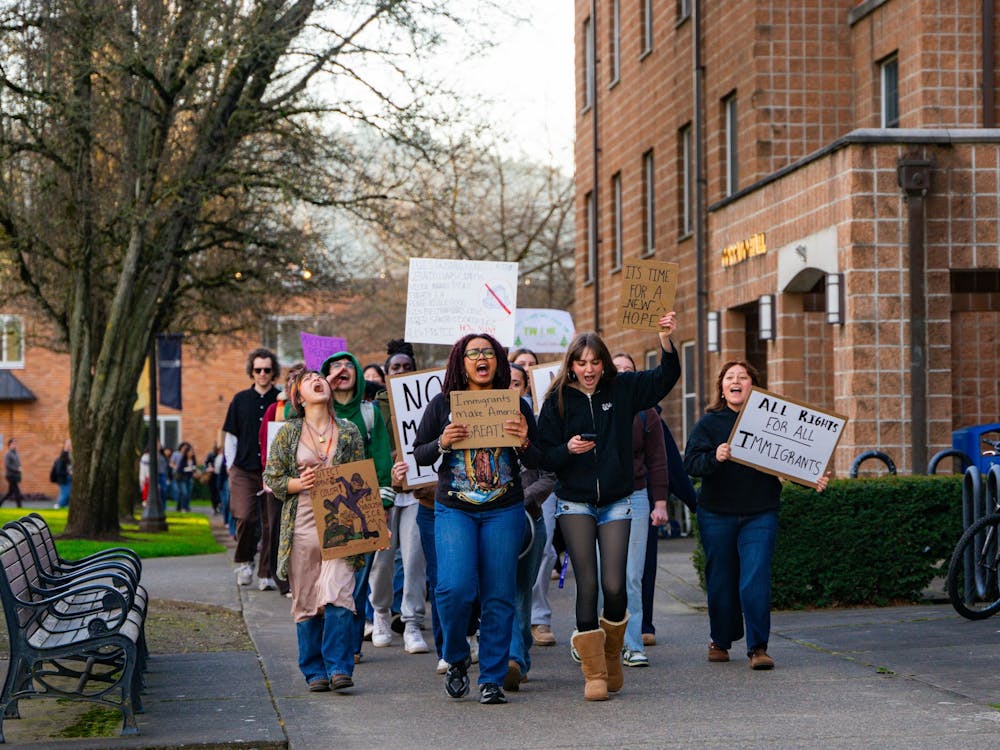Students will not automatically be breathalyzed before Dance of the Decades
Jeromy Koffler (The Beacon)
By Sarah Hansell, Staff Writer -- hansell14@up.edu
When students attend the Dance of the Decades Saturday, they will not breathalyzed en masse and will not be required to ride the chartered bus there.
The Campus Program Board (CPB) has decided against these previous policy changes, which were made by last year's CPB director.
"I really feel we can put more trust in our students … instead of enforcing a breathalyzer for every single student," junior and CPB Director Sean Ducey said.
CPB made the policy changes, in addition to cancelling the homecoming dance last semester, in response to problems with binge drinking at last year's Dance of the Decades. Three students were hospitalized and five minor in possession (MIP) citations were issued, while other students were sent home or taken to detoxification facilities.
"In the grand scheme of things, the percentage of people who actually made some poor choices was small; it was minimal," Director of Student Activities Jeromy Koffler said. "CPB did not want to penalize the entire campus for the poor choices of a handful of students."
Students at the Dance of the Decades on Feb. 4 will be breathalyzed if they act belligerently or are obviously intoxicated, according to Ducey.
"I think it's good they're not having that, because if you're going to go to a dance you don't want to have to be breathalyzed," sophomore Tim Cook said. "It's like you're a criminal or something."
CPB hopes the proposal of these policies, although they have been changed, will cause students to realize the seriousness of binge drinking.
"I think the idea that CPB would ask Public Safety to breathalyze everyone was coming out of a place that CPB was frustrated," Koffler said. "I think it really was a message that CPB was trying to send."
Last year's CPB Director, senior Hillary White, who was in charge of making the final decision on last year's Dance of the Decades policy changes, is confident that CPB's new decision is the right one.
"This year they had other conversations … and they talked about things and evaluated the plan and made a new decision," White said. "I'm sure that CPB made the right decision and did what they thought was best."
Cancelling the homecoming dance gave CPB more time to make a decision about the Dance of the Decades, while serving as a wake-up call to students who participated in binge drinking during Dance of the Decades last year.
"They did take away homecoming," sophomore Ellen Montanana said. "They've made their point, I guess."
Instead of breathalyzing every student, CPB decided to take a preventative approach by focusing on alcohol education through a speaker and partnering with the Peer Health Educators (PHEs).
"I think that it's a good way to do it … because it gives the students a chance to prove themselves, like first strike, second strike," sophomore Chelsea Davidson said. "I feel like a lot of people wouldn't go (to the dance) because they would feel, because they're being breathalyzed no matter what, that the school didn't trust them."
On Jan. 30, CPB hosted "Beer, Booze and Books," an interactive presentation featuring Jim Matthews, an acclaimed alcohol education speaker. Students who attended were able to purchase a Dance of the Decades ticket half off. CPB also teamed up with the PHEs to put on Pilot Pride, a weeklong challenge with prizes for the winning students and a raffle even at the end of the week.
"Through alcohol education and learning about safe drinking, we can encourage (students) not to get completely intoxicated," Ducey said.
Both events were optional, and 329 students participated in "Beer, Booze and Books," and 64 participated in the Pilot Pride challenge.
"I think the students that typically drink wouldn't attend the event unless they were forced to," sophomore Sarah Wallstrom said.
CPB hopes that these events caused students to become more aware and responsible about drinking.
"A really strong community will mean that people will kind of put everyone in check, make sure that everyone's safe," Koffler said.








